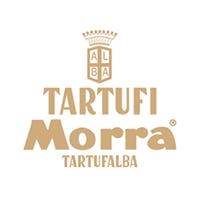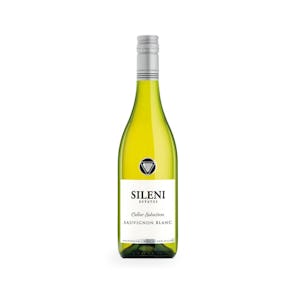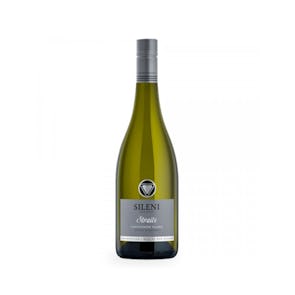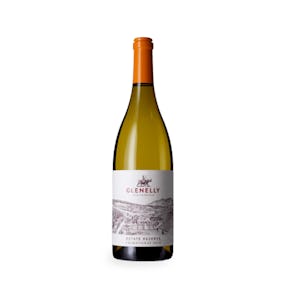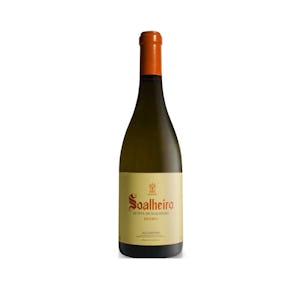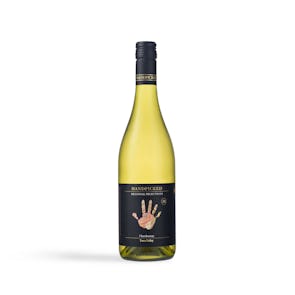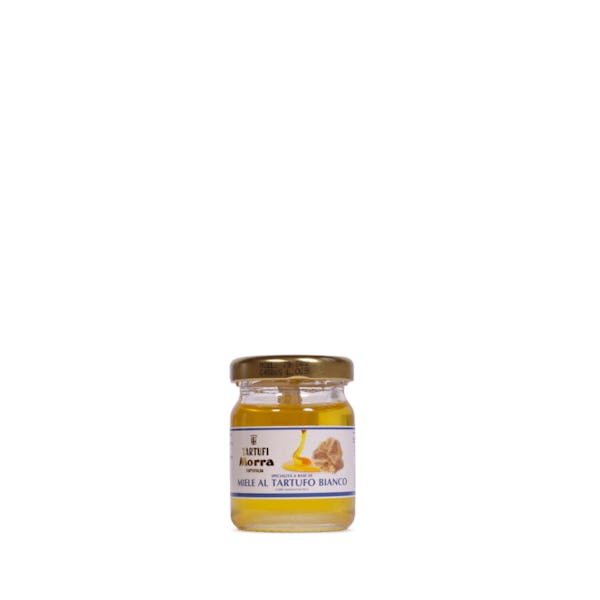
TASTING NOTES FROM THE CURATOR
Acacia honey comes from bees that take their nourishment from the European acacia tree. It is much lighter in color than other honeys, more of a pale gold. It is slow to crystalize and possesses a luxuriously smooth texture. Blended with shavings from the musky, sharp bianchetto truffle—lighter-flavored cousin to the Alba white truffle—it is at once uniquely sweet & earthy, a truly coveted prize for those with discerning palates.
PREPARATION OR PAIRINGS
Tartufi Morra’s white truffle honey works well as an accompaniment for both sweet and savory dishes. On a cheese board, its unique flavor enhances the taste of a variety of cheeses, from soft and fresh to hard and aged. It goes particularly well with different blue cheeses like the Fourme d’Ambert or hard, nutty cheeses such as Pecorino Toscano Stagionato. You can also mix this honey into salad dressings or glazes. For the experimental baker, it is also lovely in honey-nut biscuits or scones.
HONEY, ARE YOU LISTENING?
Acacia honey is much coveted both because high demand leads to its scarcity and because of the very precise circumstances needed to acquire enough of this honey to begin with every year.
Acacias blossom in the month of May, generally at the exact times that bees are only just starting to muster up the numbers for their yearly forage (think of it as harvest time for them!) but are also in the middle of breaking off from their mother hives to find new homes and queens to follow. Another determining factor is the year’s weather. Nectar production requires moisture from rain, but too much rain washes the nectar away before the bees can get to it. With so many variables at play, acacia honey is well deserving of its status.
Storage Instructions
Keep your honey in a cool location away from direct sunlight and make sure the container is tightly sealed. The ideal temperature for storage is from 13 to 21°C. Some manufacturers will set the expiry date of their jars at two years after the bottling date. However, honey can last decades or even centuries if stored properly.

